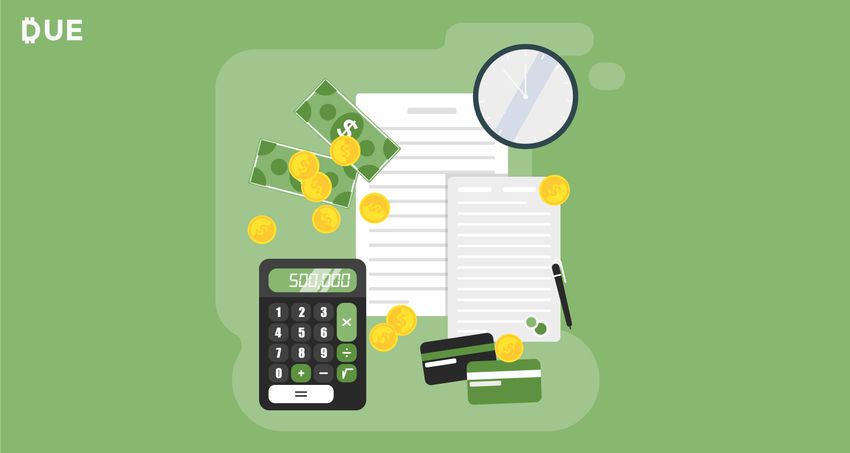One of the most unrecognized and especially underreported tax liabilities is the employment of household employees. Lots of people don’t even take it seriously. A family might have a friend who needs some extra money and it just so happens that, that family needs some extra help around their home… so what happens next?
That family “hires” their friend to clean their house a few days out of the week, without legally getting them set up as a household employee… that is called being noncompliant… In most cases, people aren’t purposefully noncompliant… they’re noncompliant because they don’t even know they’re being noncompliant!
People need and utilize household employee services more often than one might think. For one, life is hard and everyone needs help sometimes and there’s nothing wrong with asking for help. People needing help is how household employers came to be, even when people didn’t realize it. They don’t think of themselves as an employer, they just see themselves as someone who needs help at home.

source:blog.armaninollp.com
These services have been known to drastically reduce stress and help people lead healthier and happier lives, so to include happy and employer in the same context just seems a little odd for some people but in order to keep that same happiness, it’s important to understand the difference between being a household employer and hiring someone self-employed.
Page Contents
Household Employee vs Self-Employed

source:antarescpas.com
This is an area that can get a little sticky if you let it. There is a difference between hiring a household employee and hiring someone who is self-employed. A household employee could be your neighbor who comes by and watches your toddler on Tuesdays and Thursdays every week or even your uncle who cuts your yard every week. The way to recognize whether or not you have a household employee is if someone works in your house, and you are in control of how often they work, the times they work, and how the work is performed, then you have a household employee.
Then you have a worker who is either self-employed or works with an agency that provides an employee to work for you, they’re not considered legally as YOUR employee. This may not sound like a big deal to lots of people but not knowing the difference or knowing the difference and purposefully not complying can have serious consequences. If you’re unsure as to what household workers are, here are a few examples of common ones:

source:nannynme.co.za
- Nannies
- Senior caregivers
- Lawn care workers
- Private nurses
- Babysitters
The big giveaway as to whether or not you have a household employee is how much you pay them annually. According to the IRS, in 2019, if you pay a household employee more than $2,100 annually, then you have a household employee and not paying those nanny taxes results in noncompliance… if you get caught, of course.
The most common way that people tend to get caught not paying nanny taxes is if one of their employees loses their job and tries to file for unemployment. That’s when your cover is blown. The government will quickly realize that they have no record of this employee working a job due to their employer not filing the right documentation and reports.
If you’re caught not paying nanny taxes, the consequences can result in paying back taxes, penalties, and interest! In addition to that, by law, you can be charged with tax evasion (which is a felony charge) and be fined up to $250,000!
Enduring that type of stress is completely unnecessary and avoidable. Why not pay nanny taxes? It’s definitely much cheaper than paying thousands of dollars in felony charges! The process of calculating what you would pay in nanny taxes isn’t a hard process at all either. If you visit GTM Payroll Services, you’ll find out everything you need to know from what qualifies you as a household employer to the breakdown of salary to hourly conversion rates. Take a look at how to handle household employer taxes.
Can Your Employee Legally Work in the US?

source:nationalpayrollweek.com
As a household employer, you and your employee have to fill out an I-9 Form, the U.S. Citizenship and Immigration Services form for Employment Eligibility Verification… preferably before the first day of work but definitely no later than the first day. This is a form you keep for your own records.
Sign an Employment Contract With Employee
This is simply documentation stating that the household employee works for you along with the rules and regulations, pay, etc … this is what you expect them to follow and what they can expect from you.
Get Registered With the IRS and the State You’re In
In order to pay your employees legally, you’re going to need to set up payroll and employment tax accounts. You’ll receive a Federal Employer Identification Number (FEIN), just go to the IRS website. In doing that, just make sure to withhold the right taxes from your employee’s paycheck (social security, Medicare, and federal, state, and local taxes).
Set Up Your Payroll and Taxes

source:due.com
This is when you get into the real “meat and potatoes” of becoming a household employer. During this phase, you’ll be setting up the frequency of how often you’ll pay your employees as well as whether or not you want to set up direct deposit or mail out paper checks. It’s recommended that you utilize some type of payroll accounting software but you don’t necessarily have to.
A Quick Recap
It can be quite difficult to determine what considers your helping hand as a household employer but the biggest determining factor is calculating what you’re paying your employee annually. If you’re paying more than $2,100 per year, then you know that you need to get your documents in order to make sure you comply with the government.
Not doing so can result in paying back taxes and depending on how far back the government goes, your liability can be doubled! So, to prevent that from happening, just do the right thing and embrace being a household employer and pay your nanny taxes.





